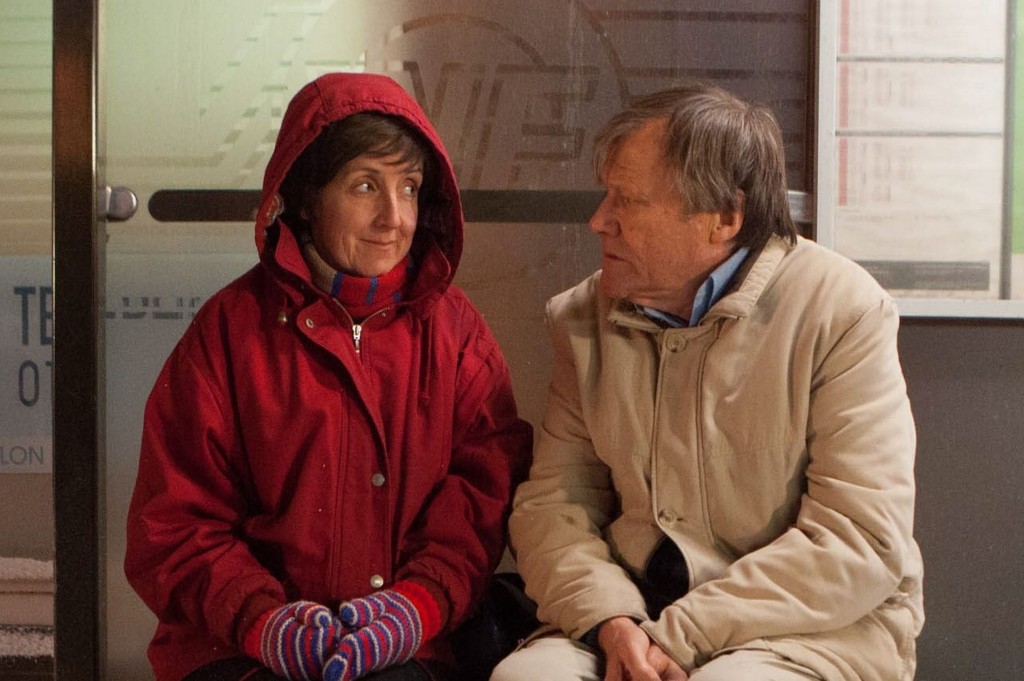James Miller reflects on a particular privilege of those who base their opinions on evidence.
This article will end with a question for you all. But first I want to talk about something that I’ve found to be one of the most mentally rejuvenating experiences one can have: changing your mind.
Despite a reputation among my peers as an inexorable foe when debating, a rock in the river that none of their ideas cling to, many of my opinions are radically different now to how they were five years ago.
To name a few: I was against the 2003 invasion of Iraq until I learnt more about Saddam Hussein; I was much more sceptical of climate change before reading more studies and reports; I supported more ‘terror laws’ until I learnt more about civil liberties. Animal rights? Didn’t really give two hoots until I thought about what it really meant. The ever-controversial Hijab? I was very against it, until I realised that I was holding it to a different standard to Christian nuns’ headwear. (The niqab – covering the face – I still think is degrading and disempowering).
All of these things, you’ll notice, were basically ill-thought out opinions that I moved beyond by learning. I’ve voraciously consumed book after book to find out more about the world and the people in it, and it’s such a rewarding experience.
Much like the tipping point when putting together a jigsaw, the true picture of things starts to appear. And while the final piece of the puzzle will never slip into place, because (sadly!) you can’t know everything, the feeling that you’ve just arrived at an informed, supported and well-reasoned opinion about the world is almost dizzying. Especially so if it contradicts something you once held to be unshakeably true.
So why don’t we see more people changing their minds? I was astonished a few months ago when the former Archbishop of Canterbury changed his mind in the ‘right-to-die’ debate. It was the first time I’d seen someone in the public eye with a previously-entrenched opinion change their mind so radically. I couldn’t stop talking about it.
But that’s one case. It’s just one instance where someone has come out and figuratively said: ‘I now disagree fundamentally with the opinion I held previously.’ It almost seems brave, doesn’t it?
I think that perhaps there are two facets to why we don’t see this happen more. There’s how we receive ideas, and also how they’re linked to notions of identity.
The majority of us learn our first ideas from our parents, teachers, and friends. We all know that most Christians had Christian parents, most Muslims have Muslim parents etc. (I’d wager that most Conservatives, Labourites or Lib Dems have parents who instilled those views into them too). And in our younger years opinions are like fashions – you want the ‘right’ ones to fit in with your peers.
It’s only as we get older that some of us really start to look to the world – rather than the people we’re close to – to inform our views. My own anecdotal experience suggests that not everyone does this. It seems that often people accept points made on the basis of authority, or tradition, and don’t have an internal drive, or mission, to find out what they themselves actually make of things.
Which leads on to the second point: ideas as identity. It’s hard not to bundle the two things together sometimes. We hear sentences that start: ‘As a Christian…’, ‘The Conservatives think that…’. or ‘A socialist view would be…’. These constructs are allowing ideas or ideologies to govern who we are, rather than using who we are to form our ideologies.
And it’s something that we’re all often guilty of. I’ve caught myself before saying ‘As a humanist…’ at the start of a sentence. This is limiting – it’s suggesting that my view is couched in a set of values that are prescribed by a group. What I really mean is that I have taken a particular view point, and that view blends in with the backdrop of humanism.
Tying together ideas and identity can dangerous. It can be allowing oneself to be absorbed into tribalism, or group think. A desire to conform to the rules or lines of thinking set down by others: ‘I believe x, because x is what a Christian/Buddhist/capitalist/feminist should think.’
Just as silly, and equally lazy, is imposing such constraints from the outside-in. Racism, sexism, homophobia – these are all things that only persist because we marry ideas and identities. A racist viewpoint is largely saying ‘I don’t like Black/white/Asian people because I believe x, y and z to be true about all Black/white/Asian people.’ It’s a patently absurd view to take, but it persists nonetheless.
I’ve been personally riled up by it on a few occasions. Seeing articles or videos that lump atheists together, or suggest that ‘atheism is turning into a religion’ boil my blood. Does anyone seriously think that a lack of belief in something is enough to successfully predict what that person does believe?
These are the kinds of things we need to deconstruct. We need to untie ideas from identity, and encourage people to question their own views. Gently remind someone that believing something because their parents told them to, isn’t a particularly good reason to believe something.
What people need is to experience changing their minds on a topic that’s bigger than them. It does two things. It reminds them that most ideas don’t dictate who they are, and (for the most part) how to act each day. Changing your mind doesn’t shatter the earth beneath your feet.
But it also brings the unique delight of opening up new realms of thought and discovery. When a scientist is proven wrong, he or she goes down another avenue. We need that mentality to be more pervasive across society.
Let’s discuss concepts and ideas without cultural baggage. Let’s promote the joy of learning and seeking truth. Let’s get rid of the notion that changing your mind is a weakness, or a betrayal of your identity.
Because ultimately, ‘free thinking’ means being free to dissent, free to be sceptical, and free to change one’s mind. Your ideas might have labels for them, like humanist or Christian ideas, but I think that those labels aren’t for you as a whole.
So here’s the question I promised you at the beginning, and I’d really love to see some interesting answers: on what topic(s) have you changed your mind, and why? You never know, you might change the mind of someone else in the comment section too.
James Miller is an in-house writer for a public organisation and proud supporter of the BHA.



